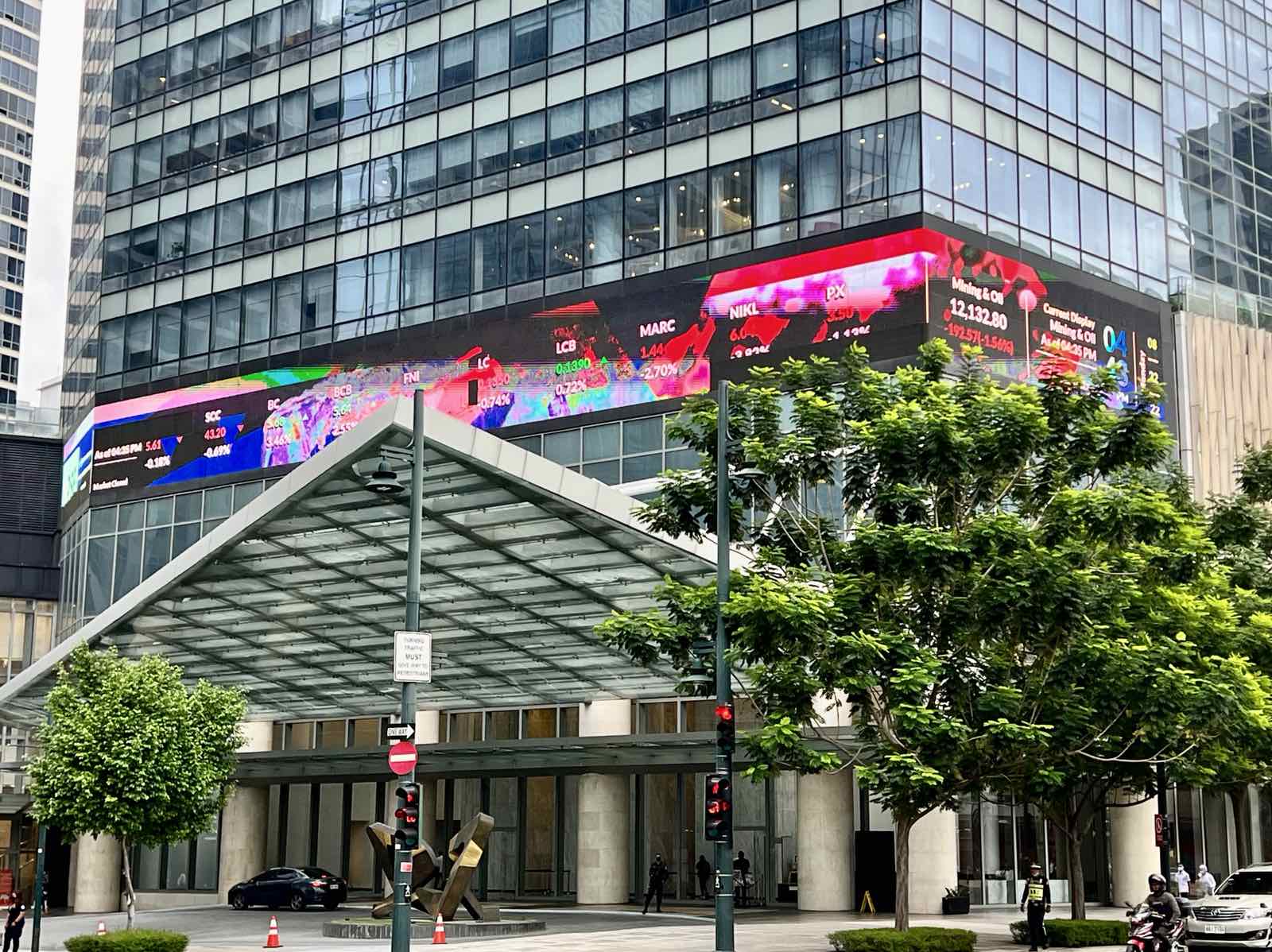
THE traditional notion of work has undergone a significant transformation in recent years. The workplace has evolved, and so have workers' expectations. More and more organizations are recognizing the importance of workforce well-being and mental health. Yet organizations' current efforts to prioritize their people generally fall short.
Understanding human sustainability
According to Deloitte's 2024 Human Capital Trends report, organizations should shift their focus to human sustainability: the degree to which an organization creates value for people as human beings, leaving them with greater health and well-being, stronger skills and greater employability, good jobs, opportunities for advancement, progress toward equity, increased belonging, and heightened connection to purpose. Organizations that embrace human sustainability focus less on extracting value from people and more on how they can work with them to create a better future for all.
This year's report, "When people thrive, business thrives: The case for human sustainability," reveals that 76 percent of the surveyed business and human resources leaders recognize the importance of human sustainability, but only 46 percent are doing something to make meaningful progress. Moreso, only 10 percent of them claim to be at the forefront of advancing efforts for their people.
The discrepancy between acknowledgment and implementation highlights a critical disconnect within many organizations. While they may embrace the virtues of this concept, translating these ideals into tangible initiatives requires a concerted effort and a fundamental shift in mindset.
According to Deloitte's survey, those who bridge this gap between knowing and doing are more likely to unlock human performance: 1.8x more likely to achieve desired business outcomes and 2.1X more likely to achieve positive human outcomes.
When people thrive, business thrives
Current technological and social trends — including the emergence of generative AI — are threatening to leave people worse off. In Deloitte's research, workers identified the top three challenges to human sustainability:
– Increasing work stress leading to worse mental health (53 percent);
– the threat of technology eliminating their jobs (28 percent); and
– rapidly evolving skills needs (23 percent).
How can leaders advance human sustainability?
Put the right metrics in place. Organizations need to shift their focus to metrics that measure human outcomes rather than quantifying worker outputs or checking a box on compliance standards. Consider measuring factors like:
– skills development and employability;
– indicators of well-being, including emotional, physical, mental, social, and financial well-being;
– career stability and advancement opportunities; and
– societal impact, which measures an organization's contribution to communities and the society at large.
Make the business case for human sustainability. Making the mindset shift towards this concept also requires leaders and executives to have a clear picture of the business advantages of this approach.
Tie compensation and bonuses to achieving human sustainability metrics. Tone at the top is important. To move the needle on advancing human sustainability, organizations need to hold their leaders accountable. One way to increase executive accountability is to align compensation with goals tied to human outcomes.
Integrate governance into the board and C-suite. Human sustainability is increasingly taking center stage on the boardroom agenda. In a Deloitte workforce risk study, board members and C-suite leaders ranked human sustainability issues among the top internal workforce risks, yet many are not confident in their ability to manage it.
Involve people in cocreating their roles and initiatives. To create value for your workers, engage them in a dialogue about what they value and how it can be pursued together.
Elevate managers' role. As frontline leaders helping workers develop skills and creating an environment of safety and belonging in teams, managers can play a crucial role in advancing human sustainability. Empowering managers with training and resources and providing them with clear, well-defined human sustainability metrics can enable them to help the organization achieve its commitments.
Learn from leading organizations' workplace practices. Organizations at the forefront of human sustainability have introduced initiatives that create value for both people and businesses. This can be your blueprint for embracing human sustainability.
Prioritizing human sustainability can be the key to future-proofing your organization. When leaders understand and act on the business advantages of this concept, they set the stage for long-term success and resilience. Employees who feel valued, supported, and engaged are more likely to report high performance and productivity and contribute positively to a company's success. This translates to better business outcomes, from higher profitability to a stronger brand reputation. Indeed, investing in human sustainability is not just the right thing to do; it's a smart business strategy.
The author is the country managing partner of Deloitte Philippines, a member of the Deloitte Asia Pacific Network. For comments or questions, email phcm@deloitte.com.
Read The Rest at :




